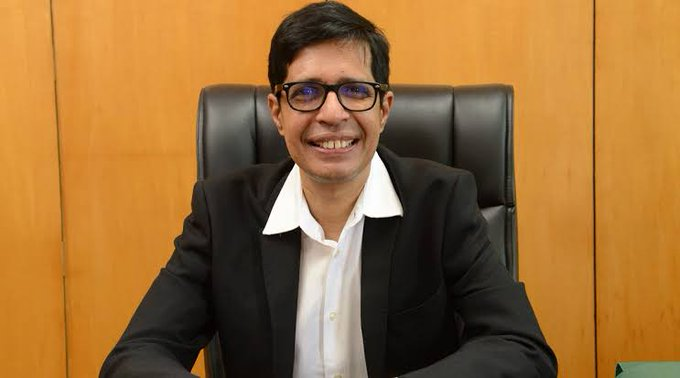IIT Madras Director V Kamakoti Expresses Disappointment Over QS World University Rankings 2025
Introduction
In a recent statement, V Kamakoti, the Director of the Indian Institute of Technology (IIT) Madras, voiced his disappointment and frustration regarding the QS World University Rankings 2025. This reaction comes as a notable development in the realm of higher education and reflects ongoing concerns about the evaluation criteria used by global ranking agencies.
Context of the Discontent
The QS World University Rankings, one of the most influential global university rankings, has often been a benchmark for assessing the stature and performance of universities worldwide. However, IIT Madras, which has consistently been ranked among the top institutions in India, found its position unsatisfactory in the latest QS World University Rankings for 2025.
V Kamakoti's frustration stems from several factors, including perceived discrepancies in the ranking methodology and the criteria used to evaluate institutions. The QS rankings typically assess universities based on a range of indicators such as academic reputation, employer reputation, faculty/student ratio, citations per faculty, and international faculty and student ratios. Kamakoti's concerns reflect a broader debate about the effectiveness and fairness of these indicators in truly representing an institution's quality and impact.
Ranking Methodology: Kamakoti has highlighted concerns about the methodology employed by QS in its rankings. He argues that the current criteria may not fully capture the unique strengths and contributions of IIT Madras, which excels in various fields, including research, innovation, and industry collaboration.
Impact on Institutional Morale: The Director's dissatisfaction also reflects the broader impact of such rankings on institutional morale and reputation. For IIT Madras, being ranked lower than expected can affect its global perception and attractiveness to prospective students and faculty.
Need for Reform: Kamakoti has called for a reevaluation of the ranking systems to ensure they align better with the true educational and research quality of institutions. He advocates for a more nuanced approach that considers the diverse achievements of universities beyond conventional metrics.
Reactions and Implications
The reaction from IIT Madras' Director has sparked a conversation among educators, policymakers, and university leaders about the need for more holistic and representative ranking systems. While QS rankings are highly regarded, this instance underscores the necessity of ongoing dialogue and potential reforms in global university rankings to better reflect the evolving landscape of higher education.
V Kamakoti's disappointment with the QS World University Rankings 2025 highlights a crucial debate within the academic community about the adequacy and fairness of current ranking methodologies. As universities like IIT Madras continue to strive for excellence, addressing these concerns and pushing for improvements in evaluation criteria will be essential for a more accurate representation of institutional quality on the global stage.




Comments
Post a Comment